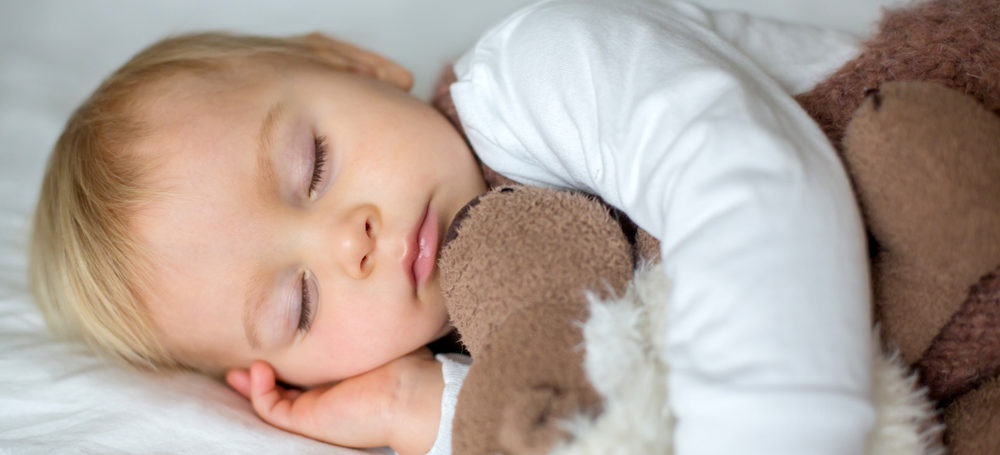Melatonin and Seratonin – The Geniuses of Healthy Sleep
Our bodies are simply geniuses. They are so very finely tuned to the outside world that when light from the sun reaches our eyelids in the morning, our brains interpret this as time to get up. The brain releases Serotonin, the neurochemical responsible for making us more lively, alert and ready to move into action. However, when the sun sets and darkness settles upon us, the change in light signals to the brain that it is time to enter into a dreamy state of rest and recuperation. Your brain then knows to release melatonin. Then in came the industrial revolution, in 1878 Alva Edison files his first patent application for ‘improvement of electrical light ‘ and now, many years later we have computer screens and smartphones. This technology confuses our body clocks even more.
This false sunlight has confused our sleeping and waking mechanisms that nature had once designed to perfection.
So, to respect your body’s signals for sleep, you have to recreate the environment it has now come to understand as the signal for bed time. Create a low light ambiance in yours and your child’s bedroom using lamps instead or ceiling lights, or dimmers wherever possible, one hour before sleep.
Turn the television off, this also includes the phone or computer at least one hour before sleep. I know, it’s so tempting to do a quick Facebook check, Instagram scroll or a last minute order on Amazon. We’re all guilty of this and regret it later when sleep doesn’t come.
Secondly, if you are feeling overstimulated even while you’re trying to sleep, try to cut down on stimulants in your diet. Reduce the number of caffeinated drinks and food, this includes coffee, tea, and most sodas and dark chocolate, some coffee flavoured foods such as cake or ice cream, also certain energy bars. Sugared drinks can also keep you up because of the excess energy, so eliminating them from your diet will help you to enter a relaxed, disarmed state at the end of the day.
Except perhaps the coffee, the same applies to babies and children. That is why it is so important to encourage them to have a set pre-sleep ritual. These rituals help them to recognise their tiredness and eventually they learn to relax into sleep instead of ‘fighting’ it. With infants it’s all about getting the timing right so that it works with their natural body clock, exposing them to the right dosage of daylight and darkness at the right times and creating consistent sleep ‘habits’.
Did you know that by the age of only two years old your brain-building toddler should have had about 40% of his childhood sleep? That is certainly food for thought!




